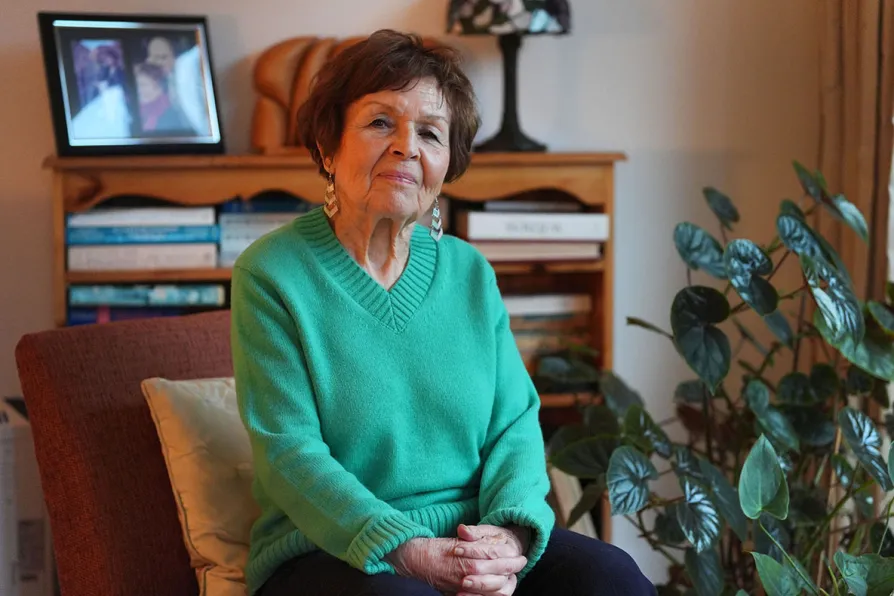The hard-right politician becomes Farage's latest recruit
Holocaust survivor stresses the importance of being tolerant towards minority groups

 Holocaust survivor Janine Webber in her north London home during an interview with the PA news agency ahead of Holocaust Memorial Day, January 16, 2025
Holocaust survivor Janine Webber in her north London home during an interview with the PA news agency ahead of Holocaust Memorial Day, January 16, 2025
A HOLOCAUST survivor has stressed the importance of being tolerant towards minority groups.
Janine Webber, 92, hid under a wardrobe with her family before working as a shepherd and living in a convent under a false identity to avoid Nazi persecution during World War II.
She also lost both of her parents within months of each other by the age of nine.
Similar stories

Political manipulation of history and exceptionalising of anti-semitism as a shield for Israeli war crimes are having a harmful effect on the fight against all racism and fuelling a cynicism that’s especially dangerous in today’s world, argue JULIA BARD and DAVID ROSENBERG

The proponents and enablers of Holocaust distortion and anti-communism now have increasing political power and influence in a number of European countries, obstructing an understanding of the reality of fascism’s crimes, warns MARY DAVIS












